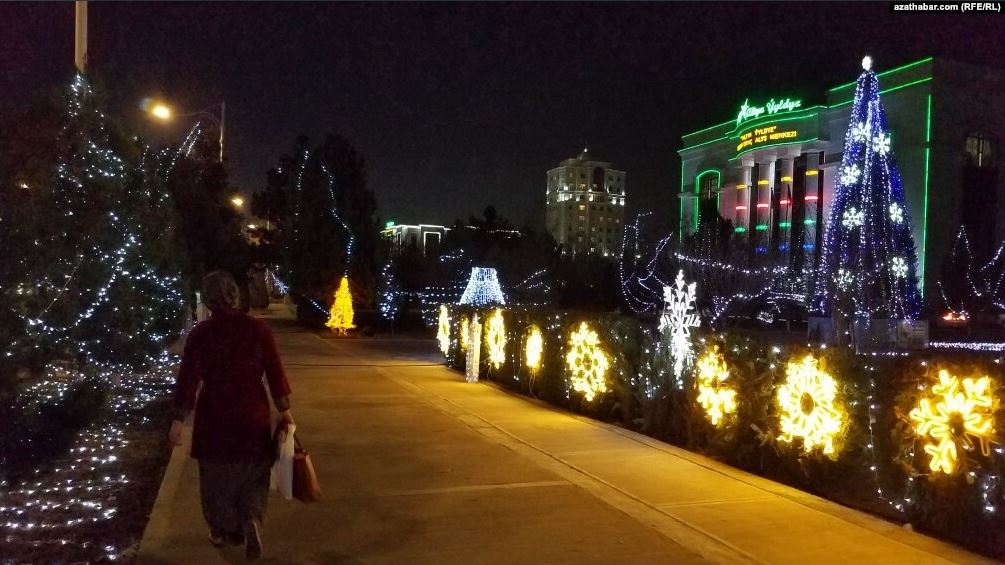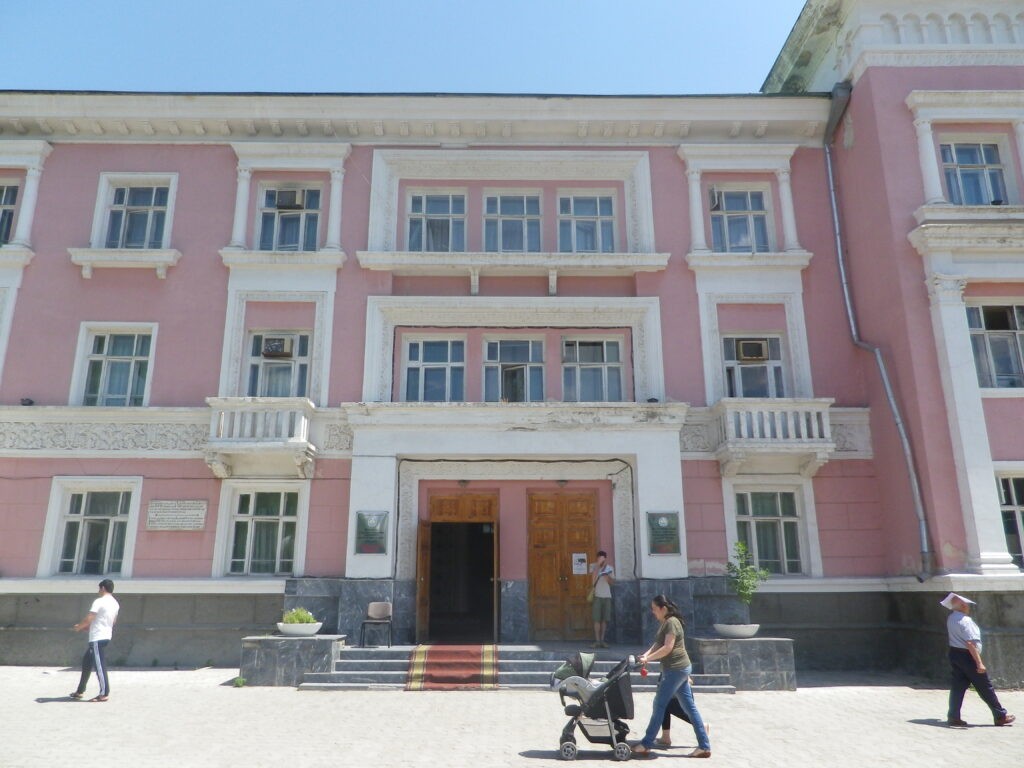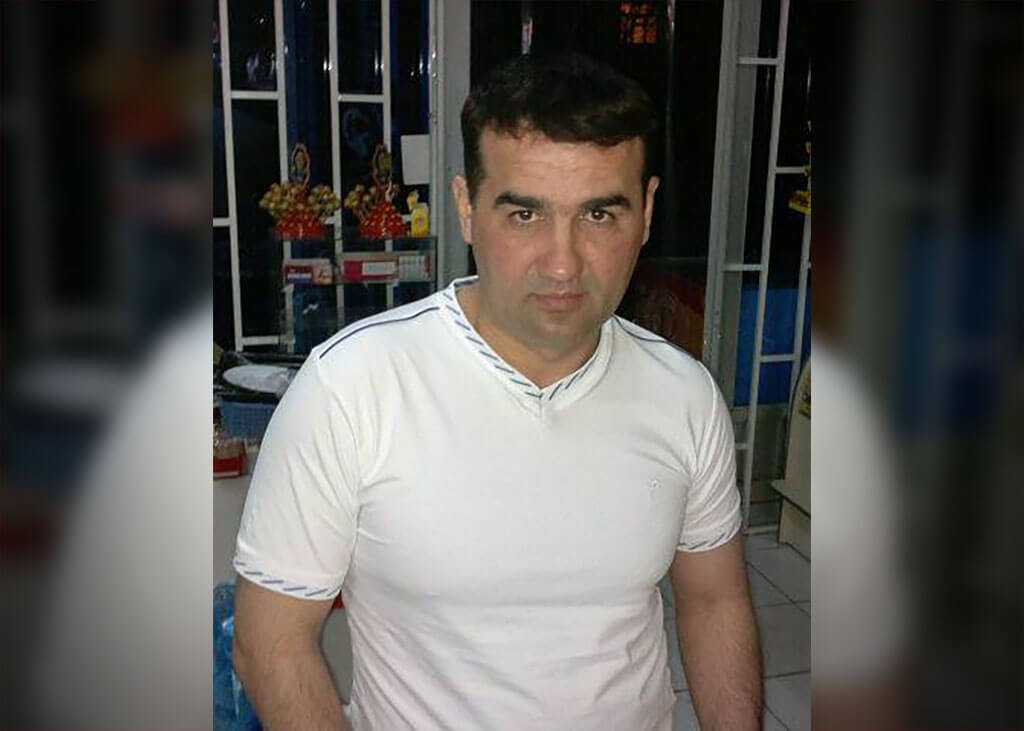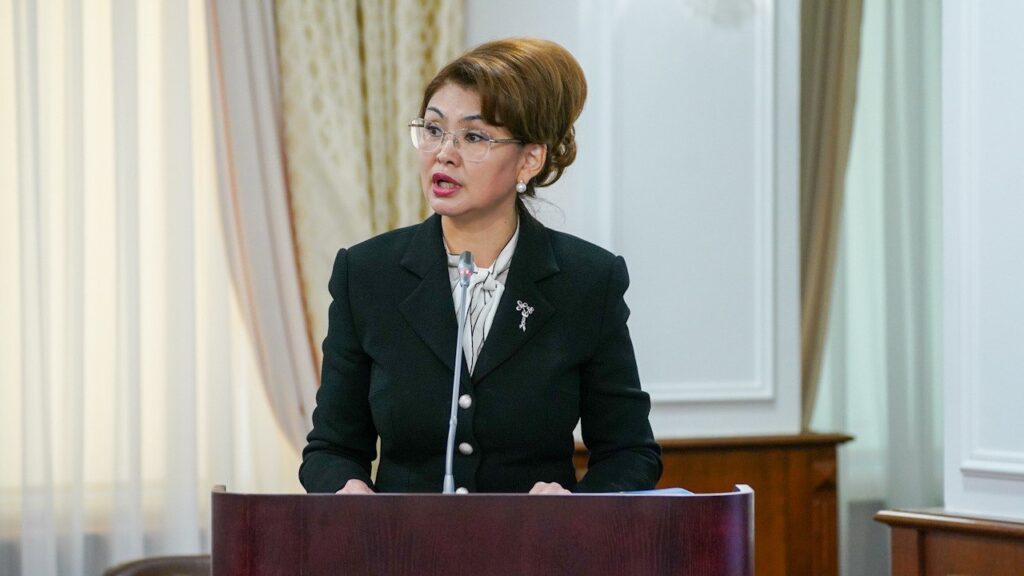Authorities in Turkmenistan have imposed strict measures preventing students and schoolchildren from celebrating New Year’s Eve, requiring them to sign written pledges to abstain from festivities. Students are prohibited from hosting or attending parties at home or in cafes and are barred from being outdoors during the celebration.
“Students have been forced to write forms stating they will not celebrate New Year’s Eve and will return to their dormitories after attending official events,” a source revealed. Violations of the ban are met with threats of expulsion. According to reports, older students in previous years were expelled for secretly hosting parties, serving as a warning to others.
Similar restrictions are being enforced in schools across Ashgabat, where festive parties have been banned following an order from the Ministry of Education. Teachers have been instructed to ensure compliance with these regulations.
Paradoxically, official state media in Turkmenistan are showcasing large-scale New Year preparations, including the lighting of the “Main Christmas Tree of the Country” on December 14. Despite the visible holiday decorations, New Year celebrations remain tightly controlled. Last year, schools and kindergartens canceled New Year events, and state institutions were prohibited from installing Christmas trees.
Local analysts attribute these stringent measures to the conservative policies of President Serdar Berdimuhamedov. Unlike his father, Gurbanguly Berdimuhamedov, who was known for extravagant celebrations and even personal performances at New Year’s events, Serdar has opted for a more restrained and controlled approach.
The restrictions reflect the growing emphasis on regulation and conformity under Turkmenistan’s current leadership, casting a shadow over what was once a more festive and unifying holiday.









